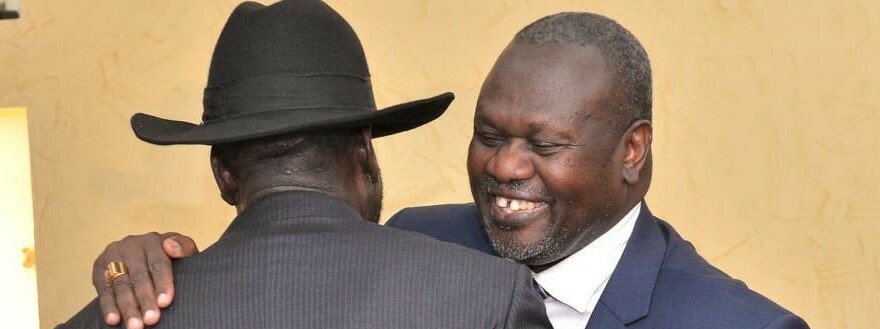A South Sudanese observer said his country’s democratic transition was at a ‘crossroads’ following a lack of consensus on the conduct of elections in December this year.
This comes days after the main opposition SPLM-IO demanded another 24-month extension of the transitional period to accomplish pending tasks of the 2028 peace agreement, stating they will only be ready for general elections with a permanent constitution.
Speaking to Radio Tamazuj, Bol Deng Bol, a political observer and civil society activist, criticized the country’s political leadership for failing to prepare the world’s newest nation for a transition to democracy four years after the 2018 peace deal ended a devastating civil war.
Bol, who is the Executive Director of Intrepid South Sudan and chairperson of Jonglei Civil Society Network (JCSN), said South Sudan currently stands at a crossroads.
“Since the last two-year extension, which was supposed to end with the conduct of elections this year, only three things were achieved: the establishment of the constitution-making body, the election commission, and the Political Parties Council. However, these bodies have yet to receive funding to discharge their duties normally. Additionally, the status of the constitution-making process is unclear, and we are 10 months away from elections without a census,” Bol explained.
“So, what SPLM, SPLM-IO, SSOA, or any other political parties should focus on is identifying what we missed and what is required for free, fair, and credible elections rather than issuing statements that confuse the public,” he added.
The civil society activist stated that the country’s political leadership is not adequately prepared for a transition to democracy.
“Little progress has been made on security arrangements. Graduated unified forces are stranded in places like Eastern Equatoria and Upper Nile, lacking the capability to provide even basic self-protection, let alone ensuring secure elections. Examining the civic space, opposition figures, activists, and journalists face harassment and arbitrary detention, with no press freedom,” he expressed.
“The question of whether there should be an election is not relevant now. Instead, we should be asking what kind of election we want and what is necessary for it to be free and fair,” Bol added.
He continued, “Two years ago, we had an extension. What did we achieve? Is there political will? Why are we debating whether there should be elections, confusing the South Sudanese? This indicates that the political leadership is not ready to give citizens a chance to elect leaders. Our politicians lack seriousness and the political will for elections.”
When asked about the way forward, activist Bol suggested, “Let’s stop debating whether there should be an extension or not. Instead, let’s focus on what is needed to allow the South Sudanese to vote freely. This dialogue is necessary to assess the current situation against what should be in place.”
South Sudan was meant to conclude a transition period with elections in February 2023, but the transitional unity government failed to meet key provisions of the agreement, including drafting a constitution and unifying the army.
The parties to the agreement extended the transitional government’s time in office for another two years, meaning elections would be held in December 2024.
However, many observers believe that South Sudan currently is not in a position to conduct credible elections in December 2024 as more work remains to be done to prepare for the polls.
Some of the critical tasks required before elections could take place include opening of political and civic spaces, funding of electoral institutions, drafting of a permanent constitution and the deployment of trained and equipped unified forces.




